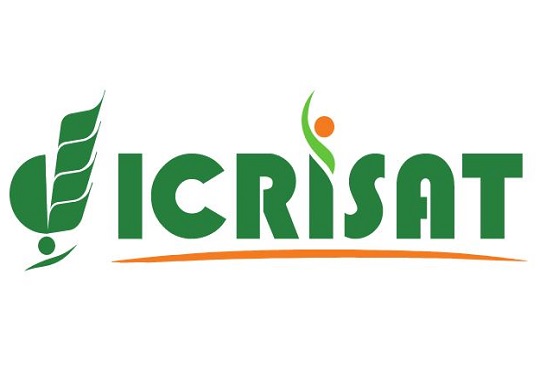Climate change: Kano to establish farmers field school
The International Crops Research for the Semi-Arid Tropics (ICRISAT) under the state’s Agro Pastoral Development Project (KSADP), funded by the Islamic Development Bank (IsDB), has organised a four-day pre-season training workshop for 210 agro-extension agents and lead farmers in Kano State as a measure to mitigate climatic risk for economic recovery among smallholder farmers. Speaking […]

International Crops Research for the Semi-Arid Tropics (ICRISAT)
The International Crops Research for the Semi-Arid Tropics (ICRISAT) under the state’s Agro Pastoral Development Project (KSADP), funded by the Islamic Development Bank (IsDB), has organised a four-day pre-season training workshop for 210 agro-extension agents and lead farmers in Kano State as a measure to mitigate climatic risk for economic recovery among smallholder farmers.
Speaking to participants during the opening ceremony, ICRISAT Country Representative, Dr Angarawai Ignatius, revealed that the training’s theme ‘Modeling Technology Transfer To Mitigate Climate Risks for Economic Recovery among Smallholder Farmers’ was carefully chosen to educate smallholder farmers on the required techniques in managing climate change risks. He explained that the model has been tested and applied in Jigawa and Bauchi states, adding that the outcome has been very encouraging hence the need to replicate the model in Kano.
- Ramadan: Multiple blessings for Yobe watermelon farmers
- Plant Tela Maize, Bt cowpea, CSO tells farmers
In his remarks, the Managing Director (MD) of Kano Agriculture and Rural Development Authority (KNARDA), Dr Farouk Ahmad Kurawa, stated that the Kano State government is committed to repositioning the status of the agricultural sector in the state, adding that the new Kano State administration has been doing a lot of intervention in the agricultural sector to ensure that it regains its vigour back.
Similarly, the head of KSADP State Project Monitoring Unit Malam Ibrahim Garba Muhammed revealed that the project has committed a lot of resources to ensure that the state has a well-developed and sustainable agricultural practice along its value chain, adding that the project will ensure that farming and pastoral engagements in the state attain the desired level for a better society.
